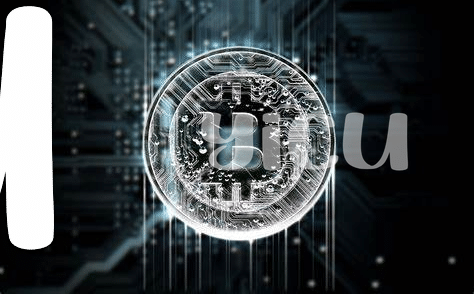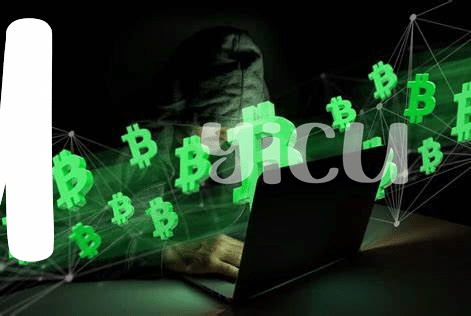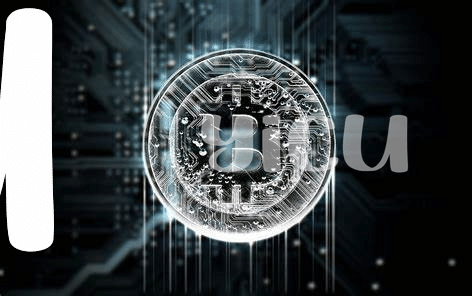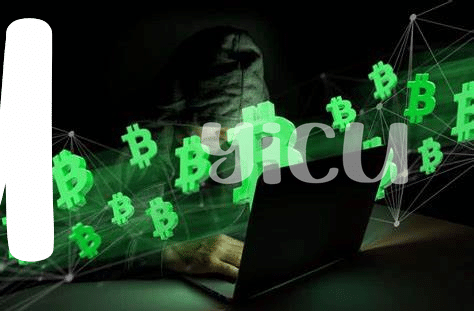🌐 Understanding Bitcoin and the Dark Web Basics

Imagine a digital marketplace, hidden away, where people buy and sell with a type of money that’s not coins or paper but computer code. That’s the simplified world of Bitcoin and the Dark Web. Bitcoin is like digital cash that people can send to each other over the internet without going through a bank, keeping users’ identities quite hidden. On the other side, there’s the Dark Web – a part of the internet that isn’t visible to search engines and requires special tools to access. It’s a place of freedom, but also a hideout for illegal activities.
While the Dark Web might sound like a spy movie, it’s real and not all dark. Some use it for good, protecting their privacy or bypassing censorship. Bitcoin, with its shield of anonymity, became the favored currency here. Yet, most Bitcoin use is totally legal and safe. Through this peek into the basics, we see a complex world where digital secrecy meets everyday internet use. To make this clearer, let’s break down their main components in a simple table:
| Concept | Description |
|---|---|
| Bitcoin | Digital currency used for secure and anonymous transactions online. |
| Dark Web | A hidden part of the internet, requiring special tools to access, often associated with privacy and illegal activities. |
🚓 the Legalities: Where Bitcoin Meets the Law
When it comes to Bitcoin, many folks scratch their heads, wondering where it sits in the eyes of the law. It’s a bit like the Wild West out there – a new frontier. Unlike traditional money passed between hands or wired through banks, Bitcoin operates on this cool tech called blockchain. It’s pretty much a ledger that’s open for everyone to see but managed by no one person or government. This openness is a double-edged sword. On one side, it’s a hay day for people passionate about privacy and freedom from traditional banking. On the other, it gives governments and law enforcement a bit of a headache. They’re all about rules and knowing who’s trading what, where, and why.
To dive a bit deeper, in parts of the world, using Bitcoin is as simple as a walk in the park. But in others, it’s like stepping into a thorny bush. Countries vary wildly in how they view and regulate Bitcoin. Some embrace it, weaving it into their financial fabric, while others eye it with suspicion, putting up barriers to its use. Amidst this global patchwork of rules, Bitcoin users need to be savvy, keeping a keen eye on their local laws to avoid any legal pitfalls. For those interested in how businesses are adapting to Bitcoin and enhancing its security, including through the role of AI, a useful resource can be found here.
🕵️ Exploring Bitcoin’s Role in Dark Web Transactions

Bitcoin, a digital currency you might have heard of, plays a significant role on a hidden part of the internet called the dark web. Think of the dark web as a hidden marketplace, out of reach from regular searches, where people can buy all sorts of things, both legal and not so legal. Because it’s hidden, users value privacy and secrecy. This is where Bitcoin comes in handy. It’s like using digital cash that lets you buy things without revealing who you are. However, while it sounds like a secret agent’s toolkit, it’s important for everyone to remember that actions in these hidden corners can have real-world consequences. Law enforcement agencies are becoming savvier in tracing these digital footsteps. This journey into the dark web’s marketplace, with Bitcoin in your virtual pocket, is a reminder of the digital age’s complexity, mixing anonymity with accountability.
🛡️ Protecting Yourself: Safe Bitcoin Use Online

When diving into the online world of bitcoin, safety is key. Just like you wouldn’t walk through a shady part of town flaunting cash, managing your bitcoin demands smart practices to keep everything secure. Imagine bitcoin as a digital version of your wallet; you wouldn’t want to lose it, right? One fundamental step to defend your digital stash is getting informed. A fantastic starting point is the guide on bitcoin and corporate adoption for beginners. It breaks down how software upgrades can fortify your wallet against digital pickpockets. Beyond just software smarts, setting up a strong, unique password and turning on two-factor authentication (like a secret handshake between you and your bitcoin account) add layers of defense. Remember, the internet is a vast digital ocean, and while bitcoin lets you sail its waves, safety measures are the lifejackets keeping your voyage smooth.
🏛️ Global Perspectives on Bitcoin and Internet Legality
Around our big, bustling world, the view on both Bitcoin and the sneaky corners of the internet varies widely from one country to another. Imagine Bitcoin as a universal key, capable of opening doors in both brightly lit rooms and shadowy corners. Some places welcome it with open arms, seeing it as a pioneer of financial freedom and technological advancement. Yet, others cast a wary eye, fretting over the potential for misuse in areas they struggle to monitor, like the dark web. This digital coin has the power to cross borders without fuss, but it lands in a complex web of rules and opinions once it touches down. Countries like the United States and members of the European Union are working hard to pen down laws that both embrace Bitcoin’s innovation and shield their citizens from possible harm. Meanwhile, nations such as China have opted to limit or outright ban its use, worried about its impact on financial stability and law and order. The debate doesn’t stop at Bitcoin itself; it stretches over the entire digital expanse, questioning what the internet should look like in terms of freedom and control. Here’s a simple glance at how different places are juggling with the Bitcoin puzzle:
| Region | Bitcoin Stance | Dark Web Concern |
|---|---|---|
| United States | Regulated | High |
| European Union | Regulated with Innovation | Moderate to High |
| China | Banned | Very High |
As we shuffle towards an uncertain future, the global discussion continues, crafting a patchwork of policies that aim to bridge the gap between harnessing Bitcoin’s potential and safeguarding against the shadows it might cast.
🚀 Future Implications: Bitcoin’s Path Forward

As we sail into the future, the tapestry of Bitcoin’s journey is being woven with threads of innovation and sharp needles of challenge. The digital currency, once a quiet cry from the fringes of financial systems, is now at the crossroads of monumental change. With technology advancing at a breakneck speed, Bitcoin’s path is intertwined with the rise of artificial intelligence (AI), predicting a landscape where smart, automated systems could bring about a revolution in how transactions are processed and verified. This fusion holds the promise of making Bitcoin even more secure and user-friendly, potentially increasing its adoption worldwide.
However, the road ahead is not without its potholes. As regulations start catching up with digital currencies, the community stands on the precipice of pivotal legal and ethical debates. Will the decentralized nature of Bitcoin clash with national laws aiming to curb its use on platforms like the dark web? Only time will tell. In this evolving scenario, educating oneself about bitcoin software updates for beginners becomes essential for anyone looking to navigate this space safely. The future of Bitcoin, draped in both uncertainty and potential, beckons us to stay informed, adaptable, and above all, optimistic about the possibilities that lie ahead.
